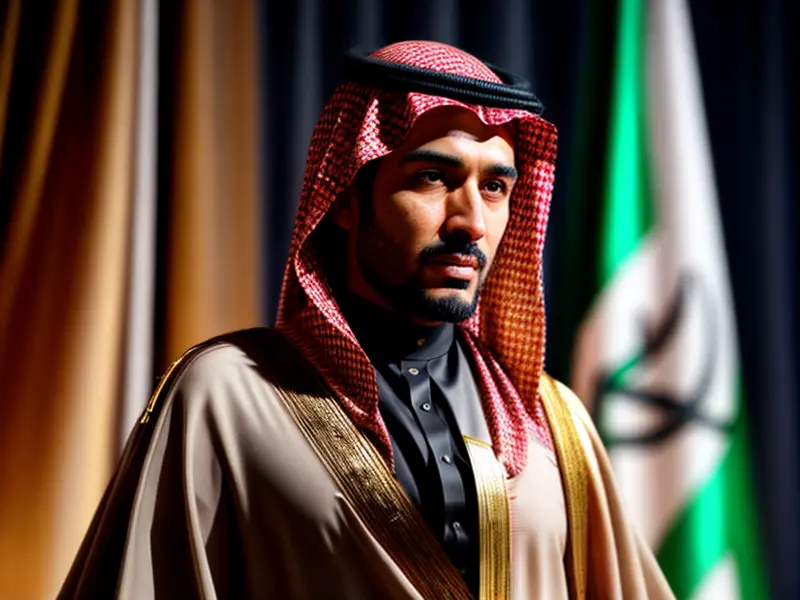
Vision 2030: A Transformational Reform Agenda
Under the leadership of Crown Prince Mohammed bin Salman, Saudi Arabia introduced Vision 2030 in 2016. This ambitious plan aims to diversify the country's economy and reduce its dependency on oil. Vision 2030 encompasses various sectors, such as tourism, entertainment, and finance, to drive economic growth and create job opportunities for Saudi nationals.
One notable aspect of Vision 2030 is the relaxation of social restrictions through the implementation of social reforms. This includes allowing women to drive and granting them increased access to the workforce. Such reforms have received both praise and criticism, as they challenge traditional norms and values deeply rooted in Saudi society. However, they are seen as a crucial step towards a more inclusive and progressive Saudi Arabia.
Shaping Regional Dynamics: The Gulf Crisis and the Detente with Qatar
Saudi Arabia's political moves are not limited to its internal reforms but also extend to shaping regional dynamics. The Gulf Crisis that erupted in 2017 witnessed a significant rift between Saudi Arabia and its neighboring countries, namely Qatar. Accusations of supporting terrorism and interference in internal affairs led to a diplomatic and economic blockade imposed on Qatar by Saudi Arabia and its allies.
However, in January 2021, a breakthrough was achieved with the signing of the Al-Ula Declaration. This agreement marked the end of the Gulf Crisis and the restoration of diplomatic ties between Qatar and Saudi Arabia. The resolution of this standoff is a significant political move that has the potential to reshape the Gulf region's geopolitical landscape, fostering stability and cooperation.
A Global Player: Saudi Arabia's Evolving Relations with the United States
Saudi Arabia's political moves also extend to its diplomatic relations on a global scale. The country has long been a strategic ally of the United States, with a focus on security cooperation and economic ties. However, recent developments have brought about a reevaluation of this relationship.
The election of Joe Biden as the President of the United States has brought a new perspective to the Saudi-U.S. alliance. With a focus on human rights and accountability, President Biden has emphasized the need for Saudi Arabia to address concerns regarding its human rights record and the war in Yemen. This shift in U.S. foreign policy has prompted Saudi Arabia to recalibrate its approach and engage in dialogue to secure its interests while addressing international concerns.
As we assess Saudi Arabia's path forward, it becomes clear that the nation is undergoing significant political changes. Vision 2030's reforms are reshaping Saudi society and the economy, setting the stage for a diversified and more inclusive future. Meanwhile, the resolution of the Gulf Crisis and evolving relations with the United States indicate Saudi Arabia's commitment to regional stability and adaptability on the global stage. These latest political moves reflect the country's determination to navigate the complexities of the modern world while maintaining its historical and cultural identity.




